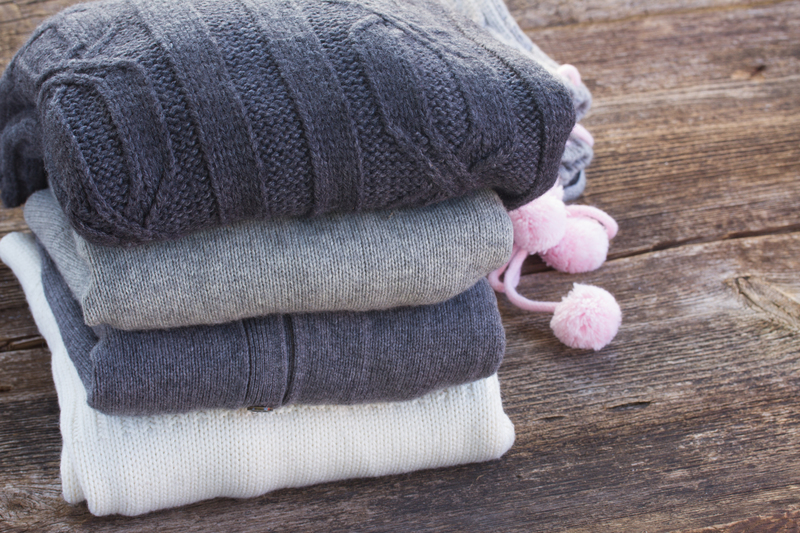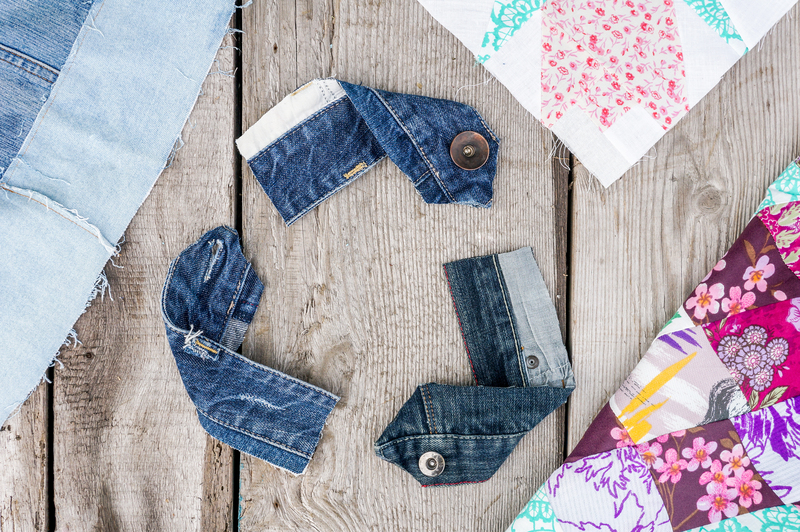Easy Methods for Disposing of Masks and Gloves Responsibly
As the world continues to combat infectious diseases like COVID-19, the use of personal protective equipment (PPE) such as masks and disposable gloves has become a daily necessity for millions. While critical for our safety, improper disposal of these single-use items poses significant risks to both public health and the environment. In this comprehensive guide, you'll discover easy methods for disposing of masks and gloves responsibly--practical solutions that anyone can implement to help protect our communities and our planet.
Why Proper Disposal of Masks and Gloves Matters
Masks and gloves may seem harmless when tossed in the trash or, worse, littered in public spaces, but their improperly managed waste creates a ripple effect of negative consequences:
- Environmental Pollution: Most disposable masks and gloves are made from plastics that take hundreds of years to degrade.
- Threats to Wildlife: Animals can mistake masks and gloves for food or become entangled, which can be fatal.
- Public Health Hazards: Used PPE may carry pathogens, posing infection risks to sanitation workers and the broader community.
- Waste Management Overload: Increased PPE waste can strain municipal waste processing systems.
Responsible disposal ensures that we control these hazards. Let's explore effective and *easy ways to dispose of masks and gloves correctly* and safely.

Step-by-Step Guide: Easy Methods for Disposing of Masks and Gloves Responsibly
1. Understand Which PPE Can Be Reused or Recycled
Before discarding masks or gloves, it's important to identify which types of PPE are truly single-use and which can be cleaned and reused:
- N95 & Surgical Masks: Designed for one-time use, do not attempt to wash or disinfect for reuse.
- Cloth Masks: These are usually washable and reusable. Clean them regularly following health guidelines.
- Latex, Nitrile or Vinyl Gloves: These are typically single-use and should be disposed of after each session.
By reusing what is possible, you can reduce your personal PPE waste and the burden on landfills.
2. Do Not Toss Masks and Gloves on the Ground
Littering masks and gloves is dangerous and unsightly. Always carry a spare bag or envelope if you foresee being away from designated trash bins. If you must remove your mask or gloves while outdoors, place them in a sealable bag until you reach a trash can.
3. Securely Contain Used PPE Before Throwing Away
Best practices for responsible PPE disposal include:
- Do not simply throw masks and gloves loose into household trash: Pathogens can spread if others come in contact.
- Place used items in a small, sealable bag: Ziplock or plastic grocery bags will do. Seal tightly to prevent leakage.
- Then, discard into your regular trash bin: PPE should not go to recycling unless your area offers a specific PPE recycling program.
4. Wash Your Hands Thoroughly After Disposal
No matter how careful you are, disposing of used PPE can risk cross-contamination. Always wash your hands with soap and water for at least 20 seconds after handling used masks or gloves. Hand sanitizer with at least 60% alcohol is a good secondary option on-the-go.
5. Avoid Flushing PPE Down Toilets or Drains
Never flush masks or gloves down the toilet! These items do not break down in water and can block plumbing, damage wastewater treatment systems, and ultimately end up in waterways, harming aquatic life.
6. Explore Community & Municipal Disposal Guidelines
Some local governments and communities have set up designated PPE waste bins in public places. Others advise wrapping items in a plastic bag before discarding in household waste. Check with your local waste management authority's website for guidelines specific to your area. Following these ensures your PPE is handled according to best practices.
Special Considerations: Recycling Masks and Gloves
Can PPE Be Recycled?
Most disposable masks and gloves are made of polypropylene, latex, or nitrile, which are theoretically recyclable. However, curbside recycling programs do not accept used PPE due to health and contamination risks.
Pharmacy or Store-Based Collection Programs
Certain pharmacies or supermarkets have started initiatives to collect used masks and gloves for specialized recycling. These programs involve:
- Placing used PPE in marked disposal bins at the entrance.
- Items are then sent to firms specializing in PPE recycling (such as TerraCycle).
Check if your local area offers such drop-off points. If so, this can be an easy and environmentally friendly method for responsible PPE disposal.
TerraCycle and Similar Recycling Initiatives
Some innovative companies offer special collection boxes (for a fee), which households or businesses can fill with used masks and gloves. Once full, you send the box back and they process the contents for recycling.
- Pros: Reduces landfill waste, keeps PPE out of environment.
- Cons: May not be accessible to everyone; usually comes with a cost.
This method is particularly easy for organizations with large scale PPE usage.
Disposal Methods for Large Quantities
For Businesses, Hospitals, and Institutions
Workplaces, clinics, and schools must implement strict PPE disposal protocols to protect employees, patients and cleaning staff.
- Set up labeled hazardous waste bins at PPE doffing stations.
- Provide sanitation staff with gloves and masks for safe removal of waste.
- Arrange for regular, professional waste pickup to avoid accumulation.
For Events and Public Gatherings
If holding a large event, make it easy for attendees to dispose of masks and gloves responsibly:
- Provide visible, clearly labeled bins at entrances, exits and restrooms.
- Post signage reminding guests to dispose of PPE safely.
Reducing Your PPE Waste: Sustainable Alternatives
While safe disposal is critical, the most efficient way to manage PPE waste is to reduce it at the source. Consider these strategies:
- Switch to Reusable Masks: Cotton or polyester cloth masks can be washed and reused multiple times, minimizing waste and saving money.
- Use Handwashing Instead of Gloves: Daily use of gloves is not always necessary. Frequent handwashing with soap is often safer and drastically reduces glove waste.
- Educate Others: Share knowledge on proper PPE disposal to encourage community-wide action.
Consequences of Improper PPE Disposal
Facemasks and gloves continue to turn up in landscapes, waterways, beaches, and parks globally. Here's why this growing pollution crisis deserves your attention:
- Long-Term Pollution: Masks and gloves can remain in the environment for decades, breaking down into microplastics.
- Animal Harm: Birds, fish and other animals can die after ingesting or choking on PPE waste.
- Public Safety: Discarded masks and gloves scattered on streets and public spaces can harbor infectious materials.
Global Statistics Highlight the Crisis
- Over 129 billion face masks and 65 billion gloves were consumed monthly during COVID-19 at its peak, according to a study by Environmental Science & Technology.
- Millions of pieces end up in the global ocean every month (OceansAsia, 2021).
Summary: Best Practices for Responsible Mask and Glove Disposal
Follow These Easy Steps Every Time
- Do not litter: Always keep used PPE with you until you find a proper trash bin.
- Contain PPE securely in plastic or paper bags before discarding in regular waste.
- Do not recycle disposable PPE in household recycling (unless specifically stated by your city).
- Never flush PPE items: Throws them in waste bins only.
- Wash your hands after disposing of masks or gloves.
- Explore local initiatives for PPE collection and recycling.
- Reduce waste by transitioning to reusable masks where safe and appropriate.

Get Involved: How You Can Help Others Dispose Responsibly
- Share educational materials: Post reminders in your workplace, apartment building, or school.
- Volunteer for community cleanup programs targeting PPE waste.
- Request your local stores or pharmacies to install PPE disposal bins.
Conclusion: Our Shared Responsibility
Together, we can curb the environmental fallout of pandemic-era waste. By following these easy methods for disposing of masks and gloves responsibly, you help protect public health, wildlife, and the beautiful planet we all share. Small, mindful actions--when multiplied--can make a lasting difference. Let's commit to responsible PPE waste management, today and every day!
```


